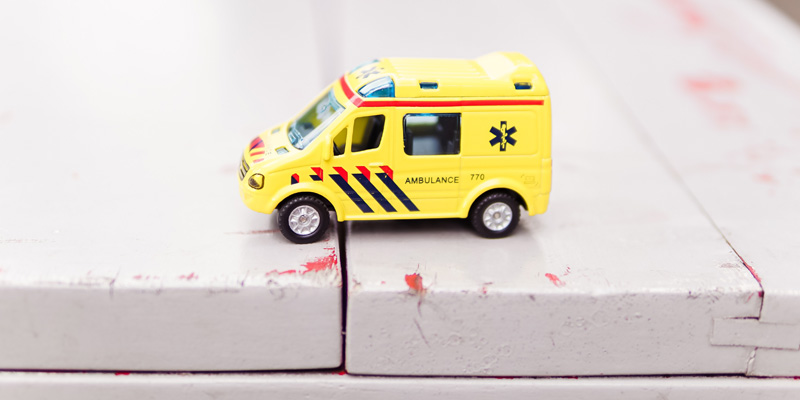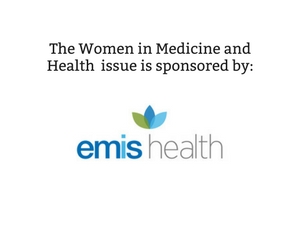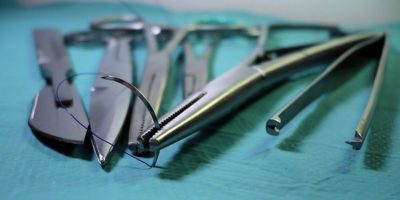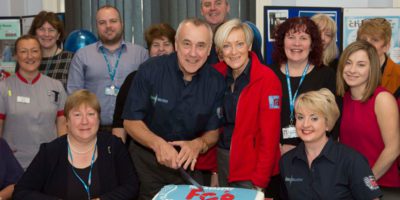
Hello and welcome to issue 89, our Women in Medicine and Health issue. As ever, we’re packed out with women who are making things better (literally in this issue) by doing what they love. First things first, I’d like to thank our sponsors, EMIS Health, for supporting this issue. They’re looking for developers at the moment. More from them later…
Really?
When putting this issue together I was reminded of the following story:
A father and son have a car accident and are both badly hurt. They are both taken to separate hospitals. When the boy is taken in for an operation, the surgeon says “I cannot do the surgery because this is my son”. How is this possible?
I’m hoping that to our readers there is no issue here. This is ‘possible’ because the surgeon is the mother of the boy. Simple.
This exercise if often used as an example of unconscious bias. I remember seeing a television programme in the past few months when men and women in the street were approached and this story was read out to them and were totally flawed by this proposition. They were perplexed.
Less of the mucho macho
I’m hoping that times they are a changing and the notion of a female surgeon is no longer such an incredible idea to behold. We hear from two surgeons in this issue – Professor Farah Bhatti and Rebecca Grossman, both massive advocates for the profession. Women are still, without a doubt, massively underrepresented in surgery, mainly because it has a mucho macho culture with high pressure and long hours, but why should this be the case?
Excessively long hours and burnout don’t favour anyone, male or female. So, let’s start to think more imaginatively about taking the pressure off. OK, so perhaps taking the pressure off is wishful thinking as far as the NHS is concerned in the UK, but innovation has to help.
That brings me to the fantastic Charlotte Fox, who works as an innovation manager for the NHS in Sunderland. Who knew that you could make a whole career out of innovation and doing things better. I like the sound of that!
Epic women (and an epic man)
Someone else making life better is Dr. Manisha Bahl, who’s working in a multi-disciplinary team in the US to harness the power of artificial intelligence to reduce unnecessary breast cancer surgery. This woman is epic!
Another epic woman is Catherine Stambouzou, who makes the excellent point that you don’t have to design cars of planes to be an engineer. What about designing new and improved body parts? Melissa Howe, technical manager at EMIS Health is improving the way patient care is provided by applying her tech skills.
Canadian paramedic, Tracy Lavesque and her dog, Max, are providing strength and stress relief for colleagues.
Dr. Helen Meese helps us reimagine aging. Dr. Henrietta Bowden-Jones, President-Elect of the Medical Women’s Federation talks us through the opportunities for women in medicine. Imogen Staveley shares her experiences of combining her medical career with running a tech start up, helped by studying for an Executive MBA.
And finally, we hear from Chris Pointon, who updates us on the #hellomynameis campaign he helped his late wife, the awe-inspiring Dr. Kate Granger, to set up before she passed away last year. Once again I’d like to dedicate our Women in Medicine and Health issue to her memory.
I hope you enjoy this issue, together with the women (and man) we feature, who are all about making things better.






